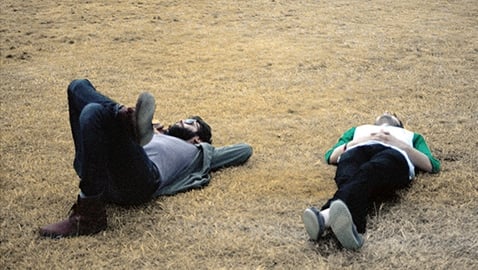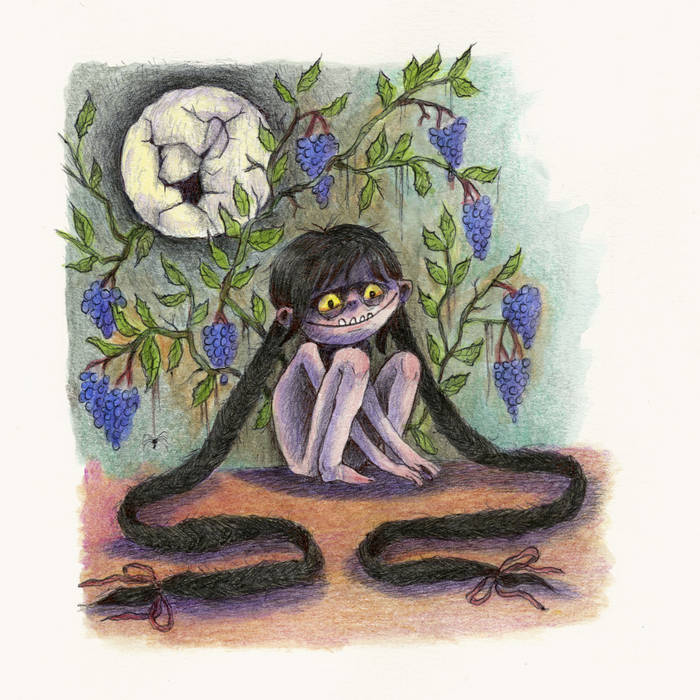The indie folk rocker’s highly anticipated sophomore album fails to live up to its full potential
Take The Lumineers, plop them in Seattle, add an extra musician, and you’ve got The Head and the Heart. Nowadays, plugging in to musicians who have been turning the Americana genre on its head (see their “Ho Hey” cousins and Britain’s beloved Mumford and Sons) is akin to drinking espresso out of a Mason jar: Aside from the gritty, country-laden exterior, you have something genuinely sophisticated. The Head and the Heart fell squarely into this category with its self-titled debut of 2011, scoring such hits as “Down in the Valley” and “Rivers and Roads” (which fans of “Chuck” and “How I Met Your Mother” may be familiar with). With a strong start to its career, the bar was set with high expectations for the band’s follow-up album, “Let’s Be Still.”
The majority of its tracks do not disappoint. The opener, “Homecoming Heroes,” welcomes listeners back to the tunes that made The Head and the Heart famous, with frontman Josiah Johnson’s gravelly voice accompanying a cozy, lush tune. And in case we’d forgotten the erudition the band exhibited in its debut, the strong first track is followed by “Another Story,” a thought-provoking reflection on the Sandy Hook Elementary School shootings. Johnson sings, “Every time I hear another story/ Oh the poor boy lost his head/ Everybody feels a little crazy/ But we go on living with it” as a haunting chorus repeats, “Can we go on like it once was?” Likewise, nostalgia and melancholy wrap around the twangy, intelligent ballad tune of “Josh McBride,” capturing our Mason jar conundrum perfectly.
Aside from these stellar tracks, “Let’s Be Still” has its shortcomings. Had a rookie produced the album, these weaknesses could have been easily overlooked. However, The Head and the Heart has already shown what feats it can accomplish, yet it largely fails to match its previous successes. Even the aforementioned tracks don’t live up to the beauty of its debut, and songs like “Springtime” and “Summertime” are awkward fits with their overly polished ʼ80s pop sound. Unfortunately, this results in an album that is, as a whole, rather disjointed. Luckily, the poetry and resounding, raw folk melody of the final track “Gone” ties a neat bow at the end of a jumbled album of hits and misses, giving listeners the hope that the band’s next offering will captivate us again with a certain charm and quality missing from “Let’s Be Still.”








